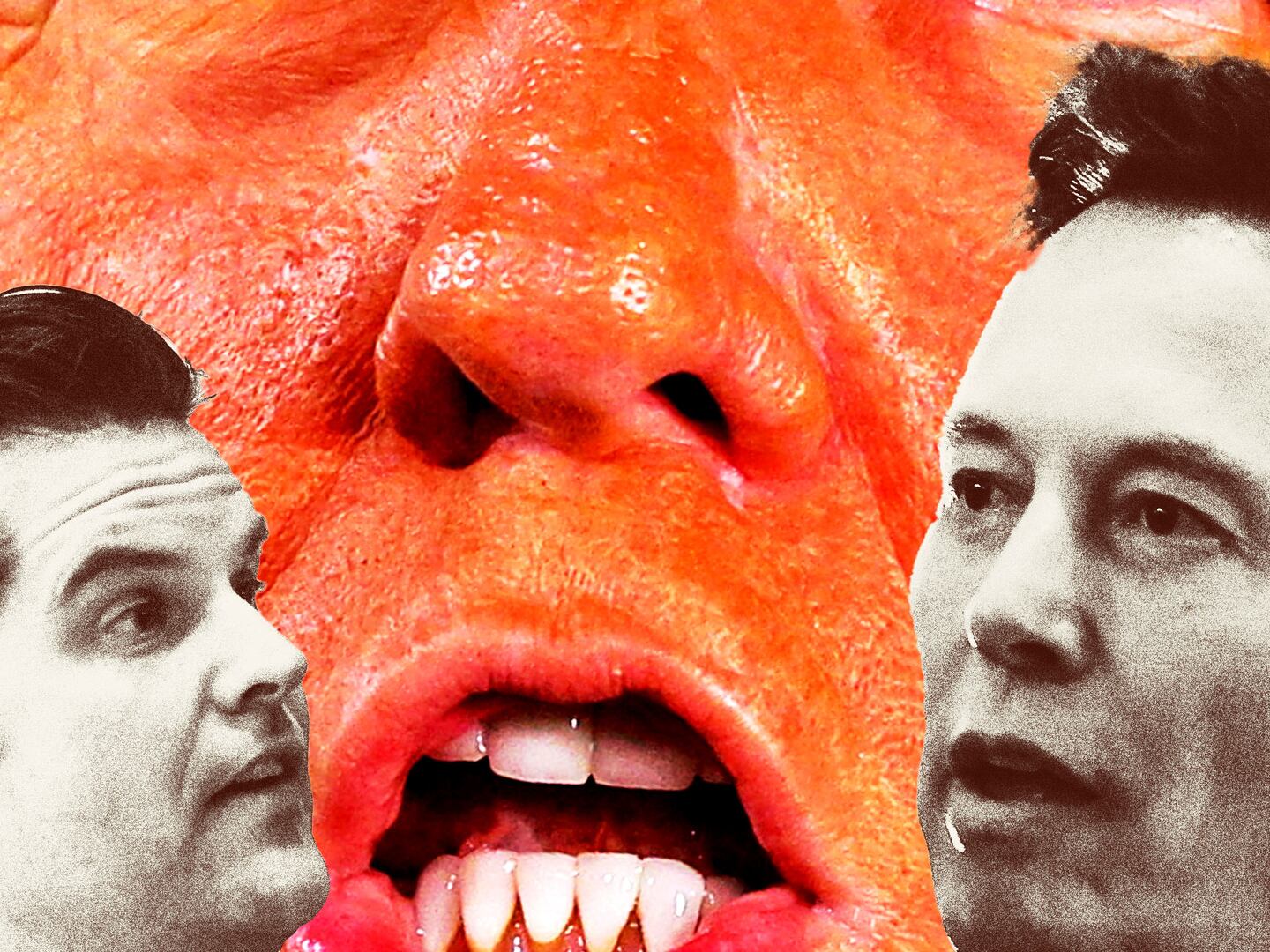Politics
Photo Illustration by Elizabeth Brockway/The Daily Beast
GOP Hardliners: New Health Care Plan Has a ‘Fatal’ Flaw
It Ain't Easy
The Republican win on Tuesday only obscured the same fundamental problems the party has always faced in scrapping Obamacare.

Trending Now





